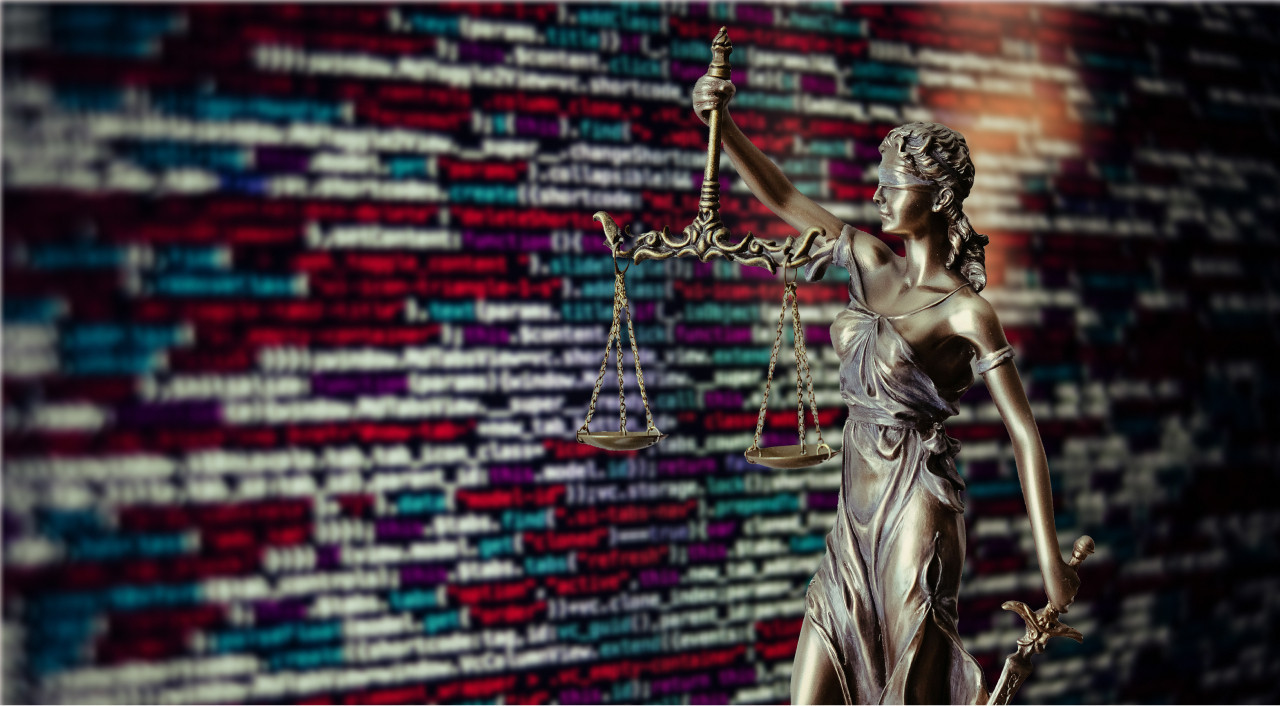Ethical and technological challenges faced by lawyers confronted with AI
One of the main challenges is data confidentiality. Lawyers are obligated to protect their client’s sensitive information, and AI systems, often hosted on cloud platforms, raise concerns about data security and confidentiality. Lawyers must ensure that AI service providers adhere to the highest security standards to prevent the leakage of sensitive information.
Another major challenge is algorithmic bias. AI systems trained on historical data may contain implicit biases, potentially leading to discriminatory decisions. Lawyers must critically assess AI-generated results.
AI also raises liability questions. If a lawyer decision based on an AI recommendation that turns out to be incorrect, who is responsible? Lawyers must navigate this new legal landscape cautiously, clearly defining the boundaries of responsibility when using AI tools.
Finally, lawyers must familiarize themselves with new technologies and understand how to integrate them effectively into their practice. This involves investing time and resources to acquire the necessary skills.
What about regulations in 2024 and in the future?
Regarding regulations in 2024 and beyond, they are rapidly evolving to keep pace with AI advancements. The EU's AI Act will serve as a foundation to regulate AI, promoting its development and use under favorable conditions. Soon, international collaborations are expected to harmonize AI regulations.
In the United States, various legislative proposals are underway to regulate AI use. The aims to require companies to assess the impact of their AI systems on civil rights, privacy, and biases. Agencies like the Federal Trade Commission (FTC) are issuing guidelines to ensure ethical AI usage.
Closd: An AI-Driven Transaction Management Solution
Artificial intelligence is revolutionizing the legal field, helping professionals automate and optimize their work. Closd's mission is to aid legal professionals in streamlining their projects, from due diligence to closing phases, by integrating AI into and solutions.
Closd is developing AI for redacting legal documents, automating the task to accurately mask sensitive information, saving time, and reducing human error.
Additionally, Closd is working on an AI tool to summarize legal documents, providing clear and concise summaries by the end of 2024, helping professionals save time.
With AI integration, Closd aims to automate repetitive tasks and improve access to information, allowing legal professionals to focus on high-value activities.
Not familiar with Closd yet? Discover how we are transforming M&A operations on
This promotional article was written by Closd as part of the company’s membership with the Paperjam Club. If you wish to become a member of the Club, contact us at .
